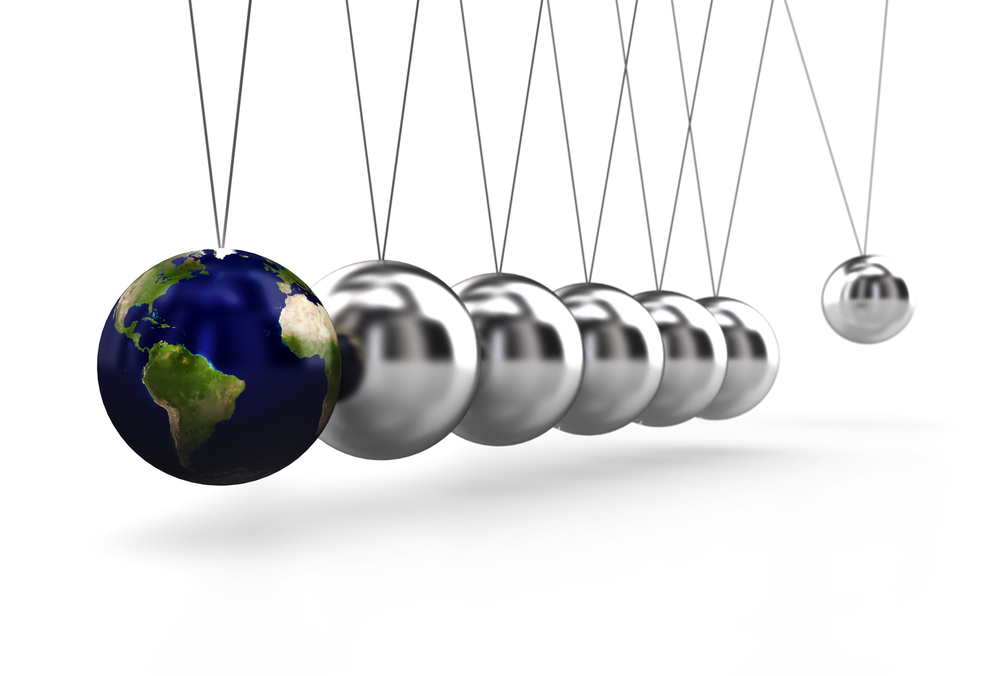|
About 25 years ago, I remember seeing, for first time, a rather compelling video on competitive strategy. Michael E Porter, a Harvard professor, spoke about competitive strategy and sustainable competitive advantage. He said that competitive advantage (and, therefore, business success) was largely a matter of deciding whether to pursue a cost (price) or differentiation strategy. More recently, others have suggested that every product/service/company needs to have a unique selling proposition (USP) or a point of difference. Fast forward to 2016. Is this pathway still viable? In a crowded world, new entrants come and go, all the time. Barriers to entry for new products and services are getting lower. In this environment, how realistic is it to think that any USP might actually be unique, let alone sustainably so? Also, a product that is different or cheaper is of little consequence if no one buys it. Difference is important, but not in the way most people think (unique features &c.). Difference works only until someone copies you. Then you are the same. Your difference, your USP, is no longer unique. Further, at a population level, product or service success doesn't depend on price or feature set. Most customers don't care what products or services do. They do care about the what difference it will make to them. This challenge is arguably even more important at a company level (i.e., corporate strategy). So, next time your board and management team convenes a strategic thinking workshop, as part of a strategy development process, change the playing field. Ask you facilitator to write these two questions on the whiteboard—and to keep coming back to them throughout the session.
You might be surprised at the result.
0 Comments
Leave a Reply. |
SearchMusingsThoughts on corporate governance, strategy and boardcraft; our place in the world; and other topics that catch my attention. Categories
All
Archives
May 2024
|
|
Dr. Peter Crow, CMInstD
|
© Copyright 2001-2024 | Terms of use & privacy
|


